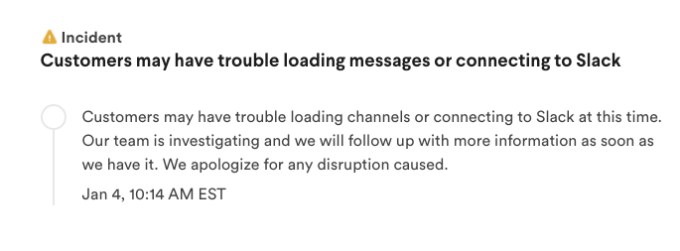A court in Italy has dealt a blow to unalloyed algorithmic management after a legal challenge brought by three unions. The Bologna court ruled that a reputational ranking algorithm used by on-demand food delivery platform Deliveroo discriminated against gigging delivery workers by breaching local labor laws.
The ruling, reported earlier in the Italian press, found Deliveroo’s ranking algorithm discriminated against delivery couriers because it did not distinguish between legally protection reasons for withholding labour — namely not working because a rider was sick; or exercising their protected right to strike — and more trivial reasons for not being as productive as they’d indicated they would be.
In a statement, the Italian General Confederation of Labour (CGIL) called the Bologna court ruling “an epochal turning point in the conquest of trade union rights and freedoms in the digital world”.
Deliveroo has been contacted for comment on the ruling.
The court ordered Deliveroo to pay €50,000 per affected rider and publish the ruling on its website, according to Ansa.it — which has obtained a statement from Matteo Sarzana, general manager of Deliveroo Italy, who told it the company notes the judge’s decision but does not agree with it, as well as confirming that the shift reservation system linked to the algorithmic ranking is no longer in use in the market.
“The fairness of our old system is confirmed by the fact that not a single case of objective and real discrimination emerged in the course of the trial. The decision is based exclusively on a hypothetical and potential evaluation without concrete evidence,” Sarzana added in the statement [which we’ve translated from Italian].
The on-demand delivery app has faced down a number of legal challenges on home turf — related to its classification of gig workers (as self employed couriers) and its opposition to collective bargaining rights for riders.
Although a 2018 inquiry led by UK MP Frank Field likened its ‘flexible’ labor model to 20th century dockyards — saying the dual labor market that Deliveroo generates works very well for some riders but very poorly for others.
The Bologna court ruling is also notable in light of a number of legal challenges against other gig platforms’ use of algorithms to manage large ‘self-employed’ workforces which have been filed in Europe in recent months.
This includes a group of Uber drivers who filed a challenge to Uber’s automated decision-making in the Netherlands last summer — making reference to pan-EU data protection law.
While ride-hailing company Ola is facing a similar challenge to its use of technological surveillance and data as a management tool to control a self-employed workforce.
Rulings on those cases are still pending.
At the same time, EU lawmakers have proposed new laws that would require large online platforms to provide regulators with information about how their algorithmic ranking systems function — with the aim of enabling wider societal oversight of AI-fuelled giants.
The move to enable oversight and accountability of platforms’ algorithms comes in response to concerns about a lack of transparency and the potential for automated decisions to scale bias, discrimination and exploitation.


